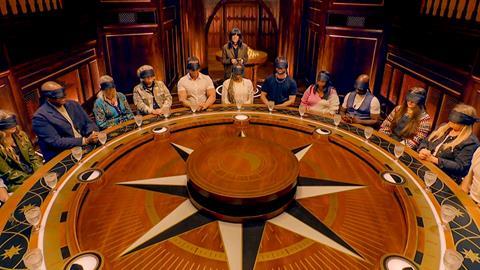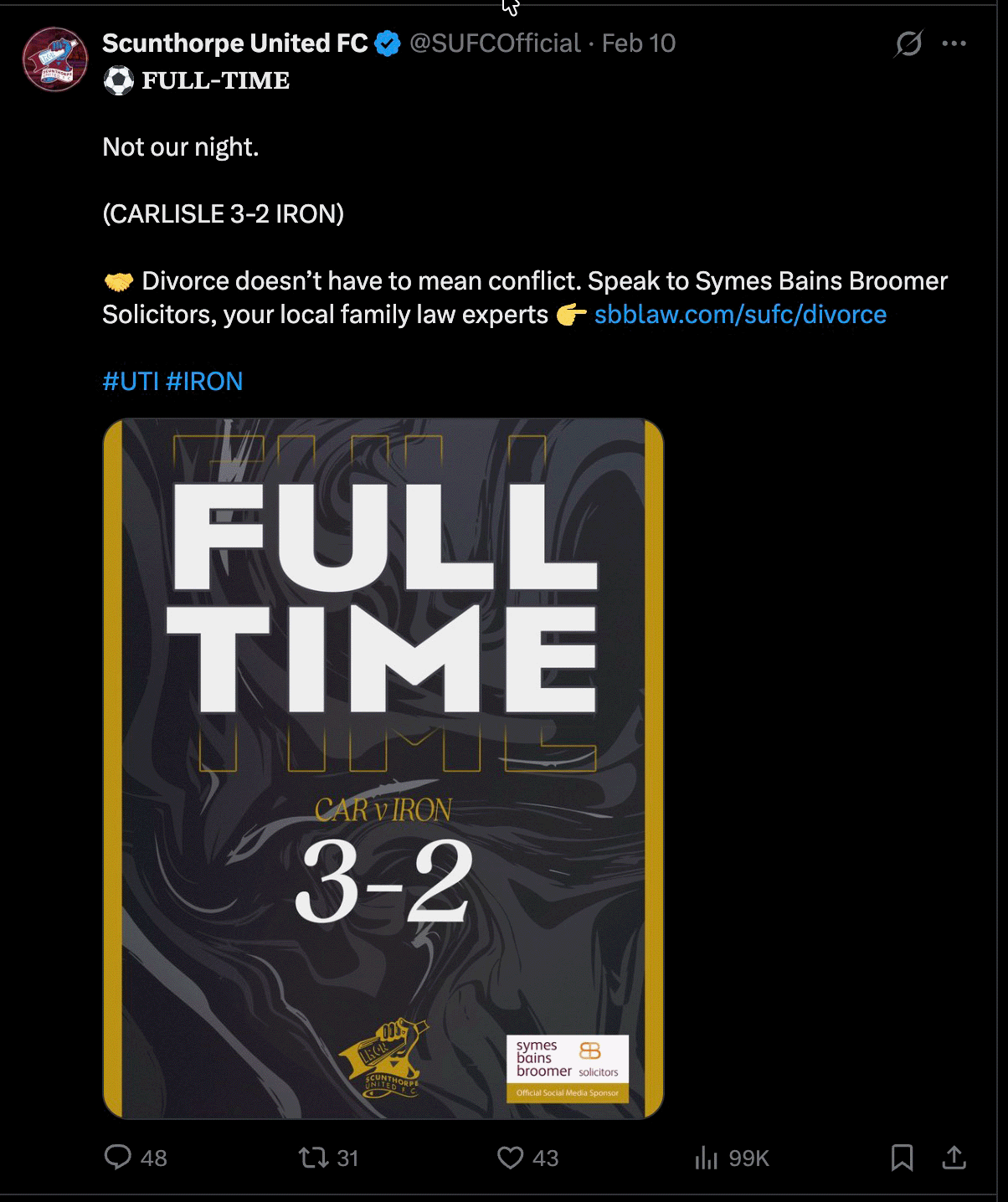Obiter has been glued to BBC show The Traitors every Wednesday, Thursday and Friday evening.
For those unfamiliar with the show, 22 contestants arrive at a castle in Scotland as 'faithfuls'. However, some are selected by host Claudia Winkleman to play the game as 'traitors'.
Faithfuls and traitors participate in group challenges to increase the prize money. The faithfuls must work out who among them are the traitors and banish them before the end of the game. If they succeed, they win the money. If any traitors make it to the end of the game, those traitors walk away with the dosh.
Simple? Not quite - the traitors meet every night to pick a faithful to murder. Everyone gathers round a table to discuss whom they suspect is a traitor and why, then vote on whom to 'banish', eliminating that player from the game. By revealing whom they suspect they make themselves susceptible to murder.
None of the contestants is a lawyer, so up until now Obiter had no excuse to write about the show. Imagine our joy upon receiving an email that Traitors fan Tamasin Perkins, a partner at Charles Russell Speechlys who specialises in private wealth disputes, had spotted some interesting comparisons between the show and real-life multi-party litigation.
The faithfuls are people from all different backgrounds but have a shared interest in rooting out the traitors. Like the faithfuls, shareholders or co-beneficiaries challenging a will may be a disparate group of people interested in the same outcome, said Perkins, recalling a case where a group of employees, all from different backgrounds, were drawn together to challenge a will.
Viewers discovered early on that contestants Diane and Ross were mother and son. They kept this secret from the other contestants. Perkins says ‘secret’ alliances can happen between parties to litigation, typically close friends, siblings, or parent and child, who might agree to pool any award received. Parties may have opposing claims but behind the scenes are loving family members who really just want the best for each other, Perkins said.
Viewers have also seen traitors form temporary alliances amongst themselves to get rid of one of their own. Such situations can arise in hostile litigation where competing parties’ interests align on a particular issue – for instance, removing a trustee.
Perkins says the roundtable discussions are fascinating for advocates. A recent episode saw traitor Paul point the finger of suspicion on traitor Miles, prompting Miles to defend himself. ‘Even though he was doomed, Miles’ advocacy was great,’ Perkins said.
She added: 'People who do well at the roundtables are people who say little but are not the loudest. That’s a good lesson for litigation. If you’ve got a point and you really go for it, there is a cost risk.’ For instance, she said, if a group of people want to remove a trustee, the person who pushed hardest to oust them risks incurring greater costs if the trustee remains unousted.
Who will win the prize money? Viewers find out this week. Obiter's money is on at least one traitor making it to the end.
































No comments yet